Living off the grid is an appealing lifestyle choice for many who seek independence, sustainability, and a closer connection to nature. However, it requires careful planning and the right set of tools and resources to ensure a comfortable and self-sufficient life. This article explores the essentials for off-grid living, covering everything from energy and water to food and shelter.
Energy Solutions
One of the most critical aspects of off-grid living is having a reliable source of energy. Here are some common solutions:
- Solar Power: Solar panels are a popular choice for off-grid energy. They convert sunlight into electricity, which can be stored in batteries for use when the sun isn’t shining. A solar generator can be an essential backup.
- Wind Turbines: In windy areas, wind turbines can provide a significant amount of power. They are often used in conjunction with solar panels to ensure a continuous energy supply.
- Hydropower: If you have access to a flowing water source, micro-hydro systems can generate electricity. These systems are highly efficient and can produce power 24/7.
- Backup Battery: For times when renewable energy sources fall short, a backup battery can provide the necessary power.

Water Supply and Purification
Access to clean water is essential for survival. Here are a few methods to ensure a steady supply:
- Wells: Drilling a well can provide a reliable source of groundwater. Ensure it’s tested and treated to be safe for drinking.
- Rainwater Harvesting: Collecting rainwater is an effective way to supplement your water supply. Use gutters and storage tanks to collect and store rainwater, and install a filtration system to make it potable.
- Water Filtration Systems: Even if you have a reliable water source, a good filtration system is crucial. Options include gravity filters, UV purifiers, and reverse osmosis systems.
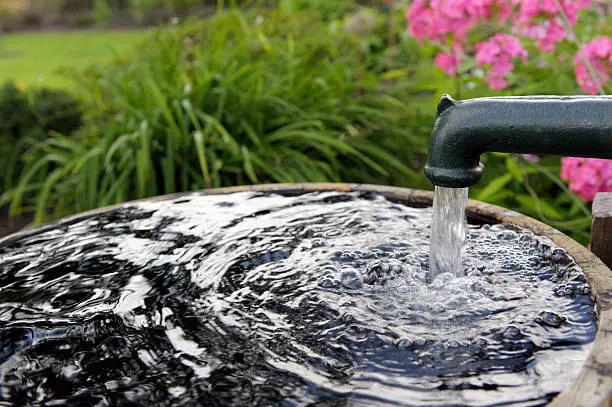
Food Production and Storage
Growing and storing your own food is a cornerstone of off-grid living. Here are some essentials:
- Gardening: A well-planned garden can provide a variety of fruits and vegetables. Consider raised beds, greenhouses, and permaculture techniques to maximize yield.
- Livestock: Raising chickens, goats, or other livestock can supply you with eggs, milk, and meat. Ensure you have adequate space and resources to care for them.
- Food Preservation: Techniques such as canning, drying, and fermenting can help you store food for the long term. A root cellar can also provide a cool, dark place to keep produce fresh.
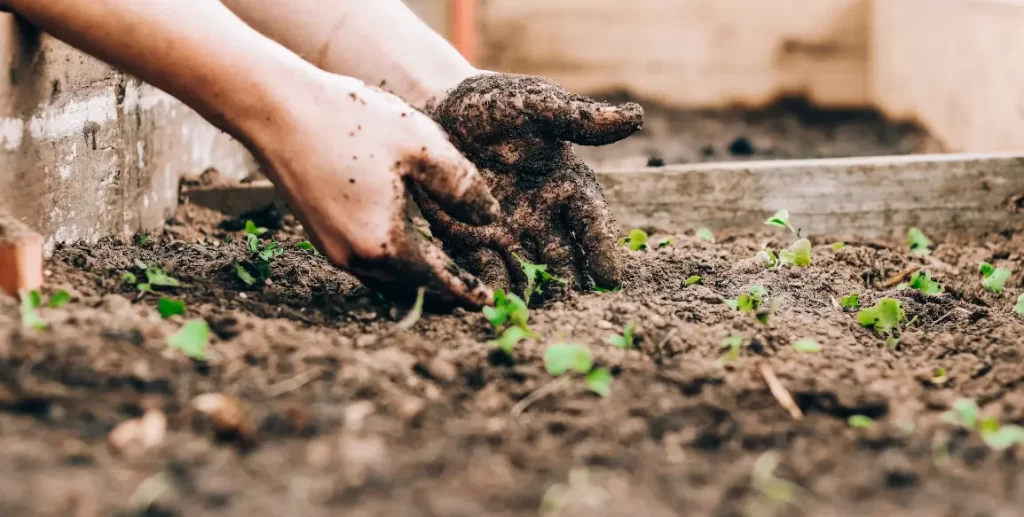
Shelter and Heating
A comfortable and secure shelter is vital. Here are some considerations:
- Insulated Housing: Whether you choose a cabin, yurt, or tiny house, good insulation is key to maintaining a comfortable temperature. Consider eco-friendly materials like straw bales or earthbags.
- Heating: Wood stoves are a popular choice for off-grid heating. They are efficient and can also be used for cooking. Solar heating systems and propane heaters are other options.
- Cooling: In hot climates, passive cooling techniques such as shading, ventilation, and thermal mass can help keep your home comfortable.

Waste Management
Proper waste management is crucial for health and environmental reasons. Here are some solutions:
- Composting Toilets: These toilets turn human waste into compost, reducing water usage and providing a valuable resource for your garden.
- Greywater Systems: Recycle water from sinks, showers, and washing machines to irrigate your garden. Ensure the system is properly designed to avoid contamination.
- Trash Disposal: Minimize waste by recycling and reusing materials. For non-recyclable waste, consider a burn barrel or regular trips to a local disposal site.
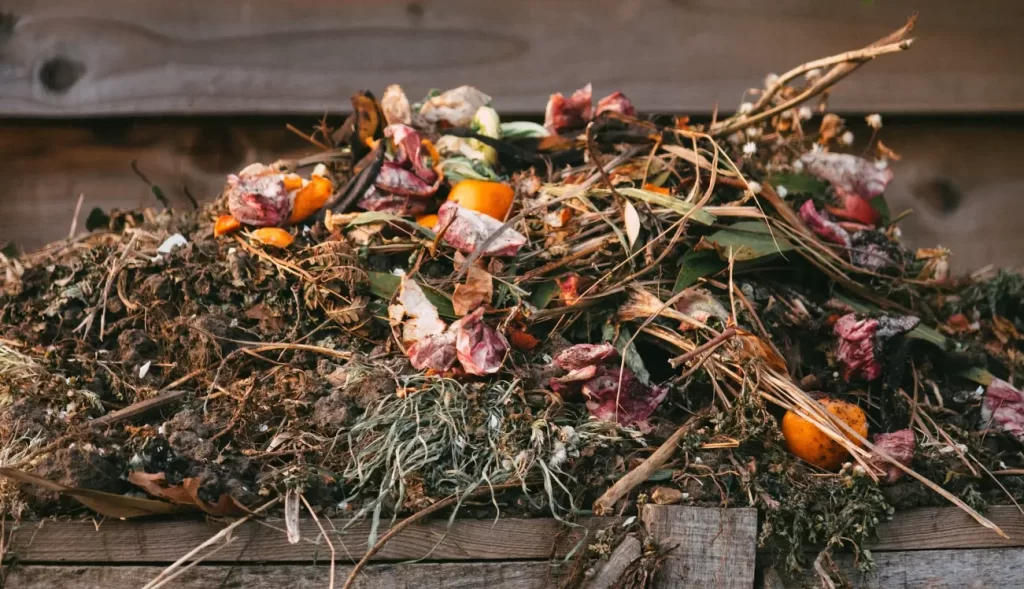
Communication and Safety
Staying connected and safe is important, even when living off the grid:
- Communication Devices: A satellite phone or two-way radio can keep you in touch with the outside world. Solar-powered chargers can keep your devices running.
- First Aid Kit: A comprehensive first aid kit is essential. Include supplies for treating common injuries and illnesses, as well as any necessary medications.
- Security: Protect your property with secure locks, motion-sensor lights, and possibly even a guard dog. Knowing your neighbors can also enhance security.
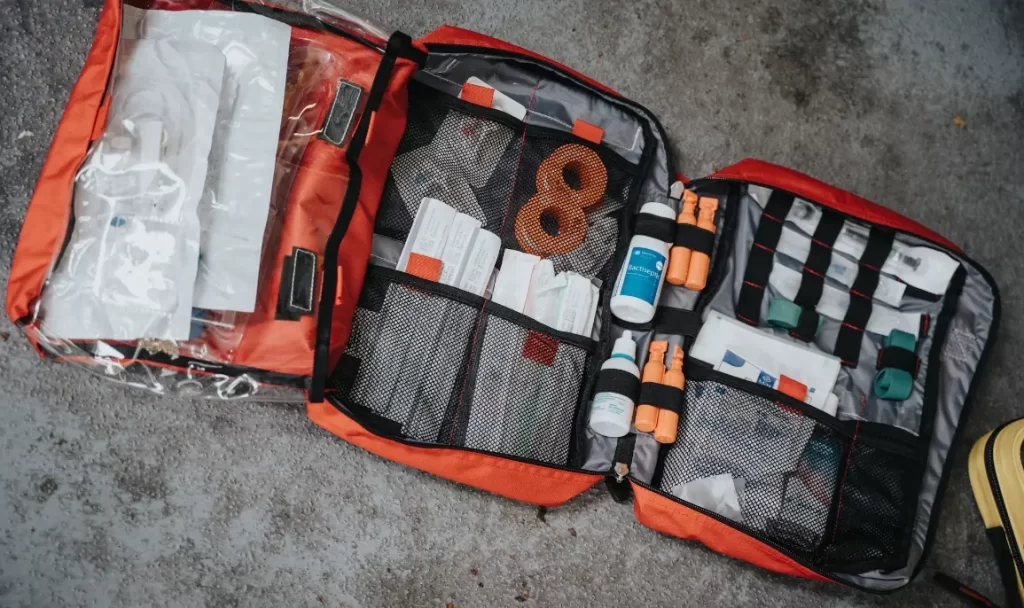
Tools and Equipment
Having the right tools and equipment can make off-grid living more manageable:
- Basic Tools: A good set of hand tools, including hammers, screwdrivers, wrenches, and saws, is essential for maintenance and repairs.
- Gardening Tools: Shovels, hoes, rakes, and pruners are necessary for maintaining your garden.
- Power Tools: Battery-operated power tools can be a great asset. Ensure you have a reliable way to recharge them, like a solar-powered battery charger.
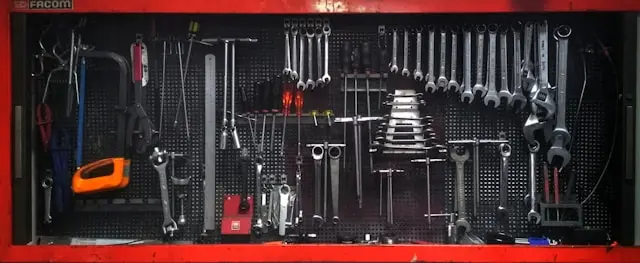
Living off the grid requires careful planning and the right resources, but it offers the rewards of independence, sustainability, and a closer connection to nature. By ensuring you have the essentials for energy, water, food, shelter, waste management, communication, and tools, you can create a self-sufficient and fulfilling off-grid lifestyle. Whether you are seeking to escape the hustle and bustle of modern life or aiming to reduce your environmental footprint, these essentials will help you thrive in your off-grid adventure.





